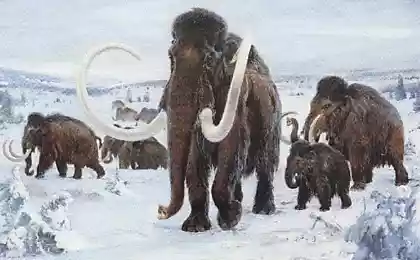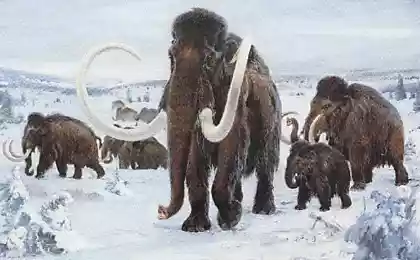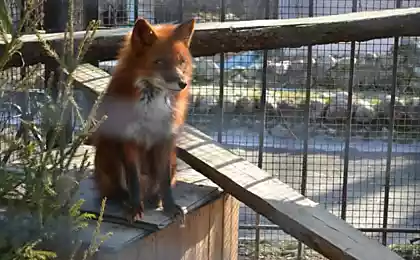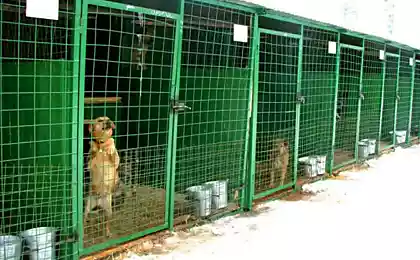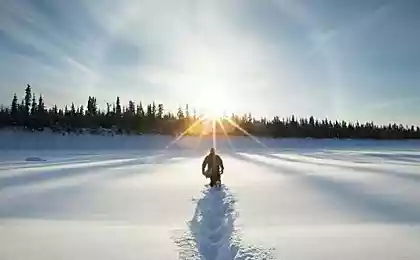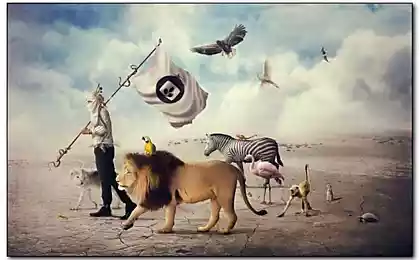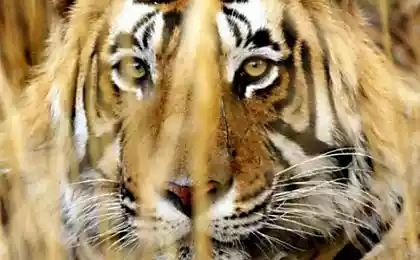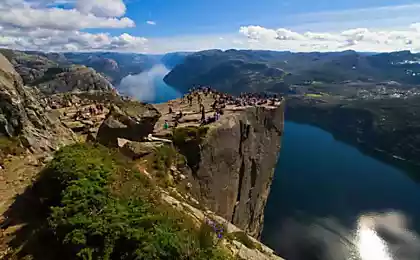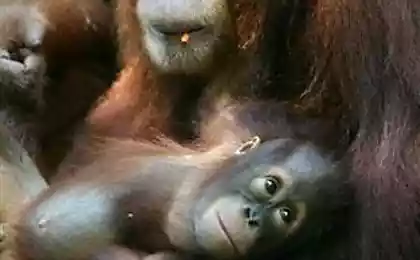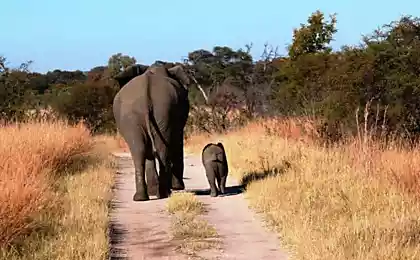1010
Climate change could be catastrophic for many species of animals
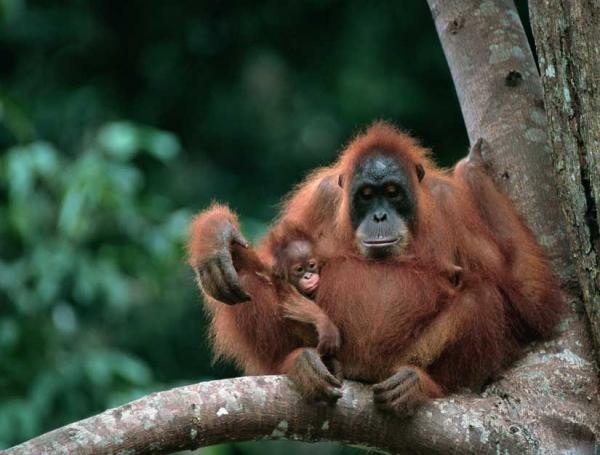
Whereas the Western Hemisphere, the study also suspect that nearly 10 percent of mammals are unable to move fast enough to keep up with changes in climate. In some areas, such as, for example, Amazon, this number will be much higher - around 40 percent.
At that time, for some species, the climate will become more useful than ever before in the wild and their habitats. However, the majority of certain animals in certain places will face catastrophic losses due to the inability to survive in the new environment. The biggest danger is waiting primates, who are likely to lose 75 percent of their numbers and because of the inhospitable climate and because of the inability to reach acceptable habitats.
Animals in the tropical regions face greater risks of not less than - approves the report Proceedings of the National Academy of Sciences - perhaps because there are many varieties - extra sensitive to even small changes in climate.
In the sub-tropical region of the western hemisphere, nearly 15 percent of mammals are likely to be left behind climate change. In these places the species that can migrate only about one kilometer (0.6 miles) per year, will have to move eight times faster to keep up with climate-induced changes in their ideal natural pastures.
Animals that are expected to be able to keep up with climate change include carnivores, armadillo, deer, coyotes and some moose. Many of these animals can be moved at a fairly long distance, to quickly reach the places where they can normally survive.
"The new study should help researchers to focus on the conservation of many species, figuring out, for example, where to create corridors for the animals that will migrate to the threat of climate change," said David Ackerly, an ecologist at the University of California, Berkeley.
Unfortunately, the good news in the study of climate impacts is no longer & quot; he says. "It will be a rapid change for the subversive nature and animals. The question now is that: Where the impacts of climate change will be the worst, and that we can do about it? ".
Theft of a very ancient tombs and usual activities
A new study by the largest species of skates and rays by satellite

